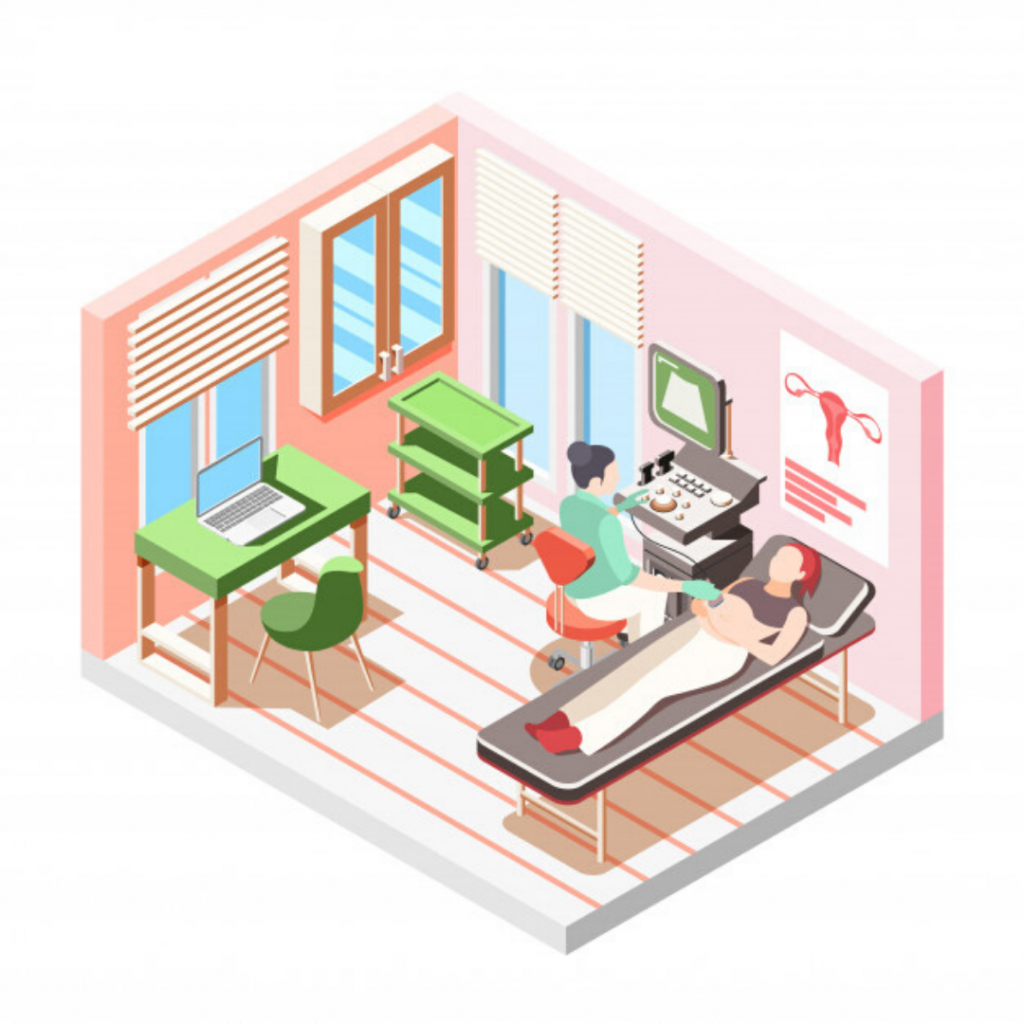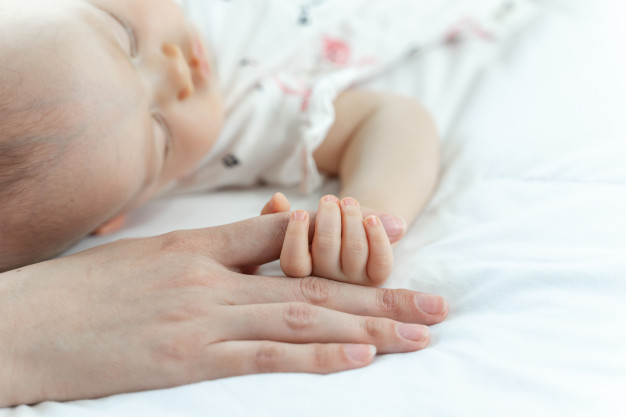COVID-19, Pregnancy and Breastfeeding: All Your Questions Answered
798 viewsCoronaviruses form a large family of viruses that majorly affects animals. However, some viruses from the coronavirus family are capable of spreading from animals to humans. The novel coronavirus recently discovered has been officially named COVID-19. It has affected millions of human beings in more than 80 countries. Since the virus is highly contagious and has spread across the globe, the World Health Organization has declared COVID-19 a pandemic. In this blog, we will provide answers related to COVID-19, pregnancy, and breastfeeding.
COVID-19, Pregnancy and Breastfeeding: Frequently Asked Questions
As the world shuts down in the wake of the coronavirus outbreak, pregnant women across the world are eagerly waiting for their unborn babies to enter a new world. However, these are difficult times and the information available about the novel coronavirus is still limited. Hence, pregnant women and mothers of newborn babies have many questions about how coronavirus COVID-19 will affect their lives. Here are the answers to the most common questions related to how the coronavirus pandemic affects pregnancy and childbirth.
Concerns During Pregnancy
I am pregnant. How can I prevent catching coronavirus COVID-19 infection?
You must take the general precautions to prevent coronavirus COVID-19 infection:
- Wash your hands with soap and water frequently and thoroughly. You can also use an alcohol-based sanitizer to keep your hands clean at all times.
- Maintain a distance of at least 2 meters from every one, no matter how unlikely they seem to be infected.
- Avoid touching your nose, mouth, and eyes.
- Cover your nose and mouth while sneezing or coughing with a tissue paper and immediately dispose of the used tissue in a closed bin.
- If you have fever, cough or cold, seek medical attention immediately.
Will I experience any pregnancy complications if I get tested for coronavirus COVID-19?
Testing will not cause any complications in itself. However, a pregnant woman may need specialized care if they test positive for coronavirus COVID-19 infection.
If I am pregnant and sick with coronavirus COVID-19, will the infection be transmitted to my unborn baby?
Two studies (1, 2) conducted of pregnant women infected with COVID-19 showed that the infection didn’t spread from the mothers to their fetuses. There was no evidence of the virus being present in breastmilk either. According to the WHO, the risk of coronavirus transmission from a pregnant mother to her fetus is extremely low. However, the medical authorities have not completely ruled out the possibility of such a transmission.
So if you are pregnant and have caught the coronavirus COVID-19 infection, your healthcare provider will assess your condition and relieve the coronavirus symptoms to avoid its transmission to your fetus.
Does having coronavirus COVID-19 increase my risk of miscarriage?
According to the Centre For Disease Control, catching coronavirus COVID-19 does not increase your risk of miscarriage.
If I catch COVID-19 in pregnancy, do I have to deliver my baby through a caesarian section?
No. Being infected with COVID-19 isn’t related to how you deliver your baby. The mode of birth of your baby depends on your preference and/or your obstetrician’s advice.
Should I discontinue my regular prenatal visits? I am afraid visiting hospitals or clinics will expose me to coronavirus disease.
It is natural to stress about COVID-19, pregnancy, and breastfeeding during these challenging times but prenatal visits are vital to ensure that your baby and you are healthy. However, you need to be extremely cautious in this regard. Ask your obstetrician if you should monitor your baby’s movement using a blood pressure cuff at home. Your obstetrician can give you the most appropriate advice on which clinic you should go to for your prenatal check-up, how frequent your visits to the obstetrician should be and how you can monitor your baby’s health at home.
Concerns After Child Birth
Are infants more likely to catch coronavirus disease? What if my newborn baby is exposed to coronavirus at the hospital?
Hospitals and medical staff are taking every necessary precaution to minimize the risk of exposure to coronavirus for every patient. Considering the coronavirus COVID-19 pandemic, hospitals don’t allow anyone to enter the premise unless extremely necessary. The premises are being sanitized every day to ensure that no object contains coronavirus on their surfaces. If a person who comes to the hospital is suspected to have coronavirus, they are made to stay in isolation. Your child and you will have to stay under observation for a certain period after your delivery. Don’t worry and trust that you will be safe at the hospital. If your child and you are healthy, your obstetrician may discharge you sooner.
Can I breastfeed my baby if I have COVID-19?
Yes, you can breastfeed your baby if you want to. However, you must take all the necessary precautions in order to protect your baby from catching the infection:
- Wash hands with soap and water or an alcohol-based hand rub before touching the baby.
- Wear a mask all the time so that your respiratory droplets do not reach your baby.
- Disinfect and clean the surfaces around the baby very frequently.
Is it okay to touch my newborn baby if I have COVID-19?
Yes. Close, skin to skin contact with the mother is important for a newborn baby to thrive. However, you should do that only if you take all the necessary precautions mentioned in the previous answer.
What can I do if I am too unwell to breastfeed my baby?
If you are unable to breastfeed your baby due to the coronavirus COVID-19 symptoms, let your gynecologist or obstetrician know. They will support you with safe, alternate options like expressing milk, relactation or donor human milk.
Conclusion
Staying stressfree is extremely important for pregnant women. So do not worry about COVID-19, pregnancy, and breastfeeding. Instead, focus on staying safe by taking all the precautions against coronavirus disease. Talk to your obstetrician as often as you can and follow their instructions to maintain your child’s health and safety.
You can read more about coronavirus COVID-19 symptoms and preventive measures in this blog.




